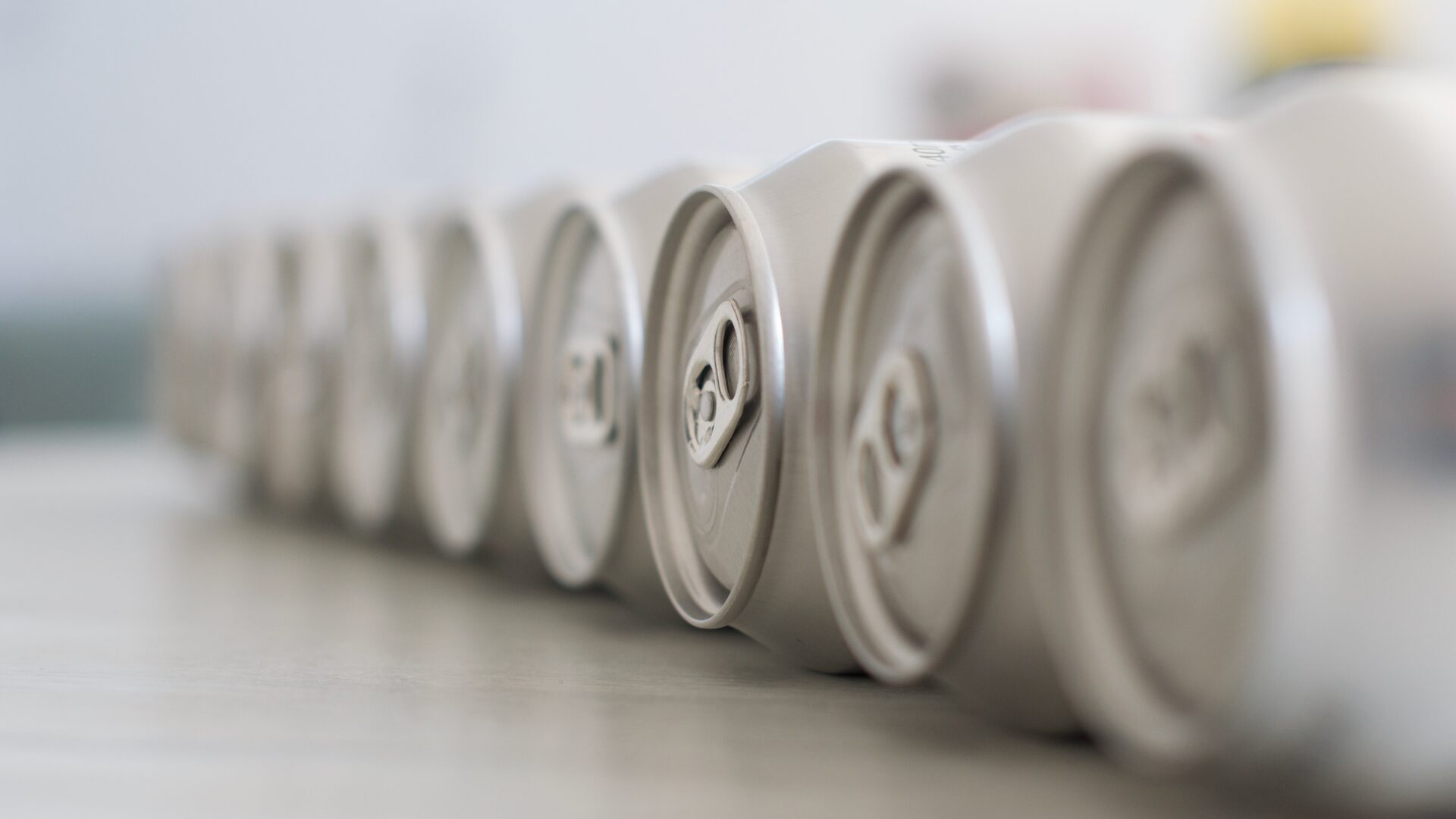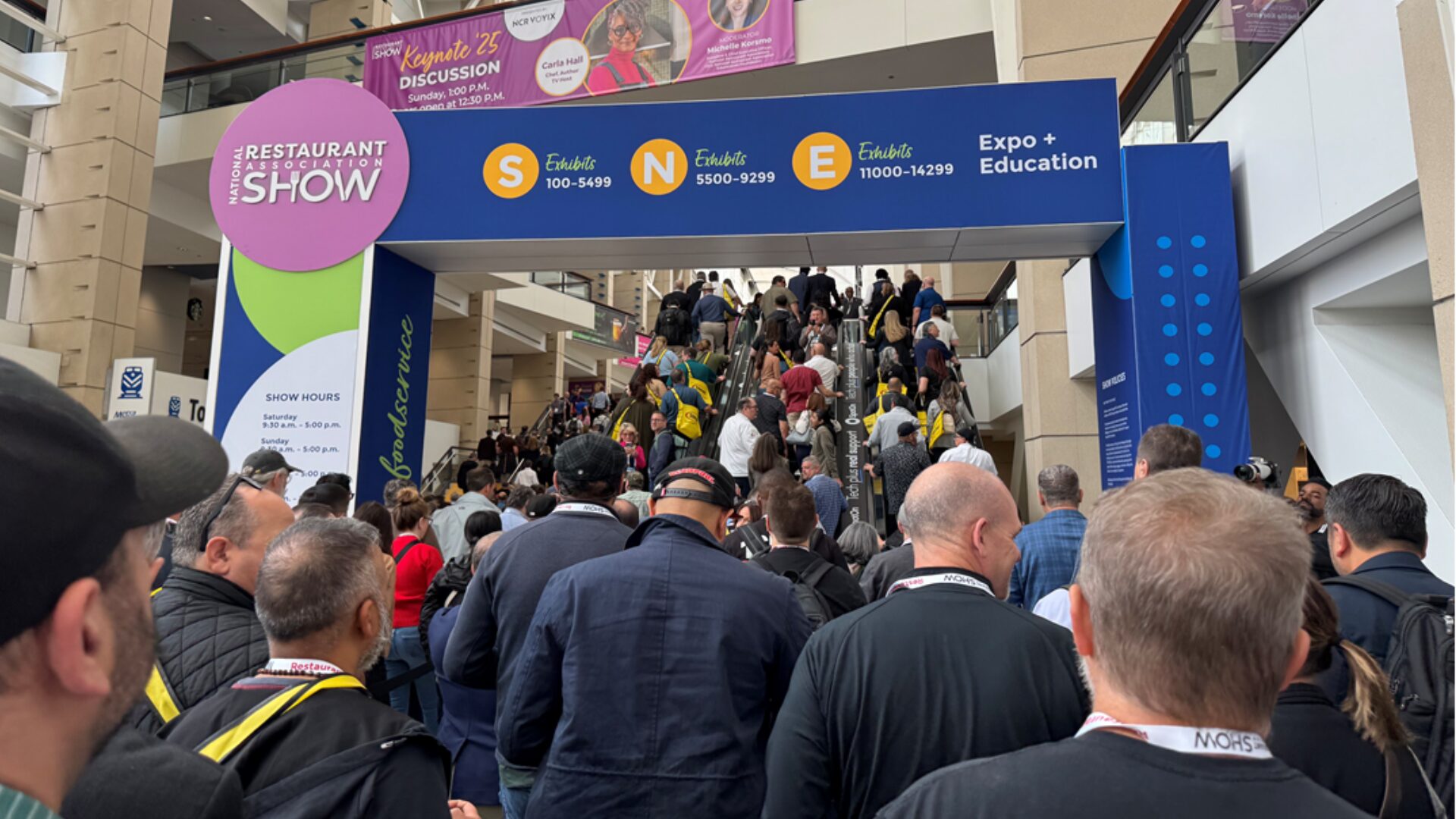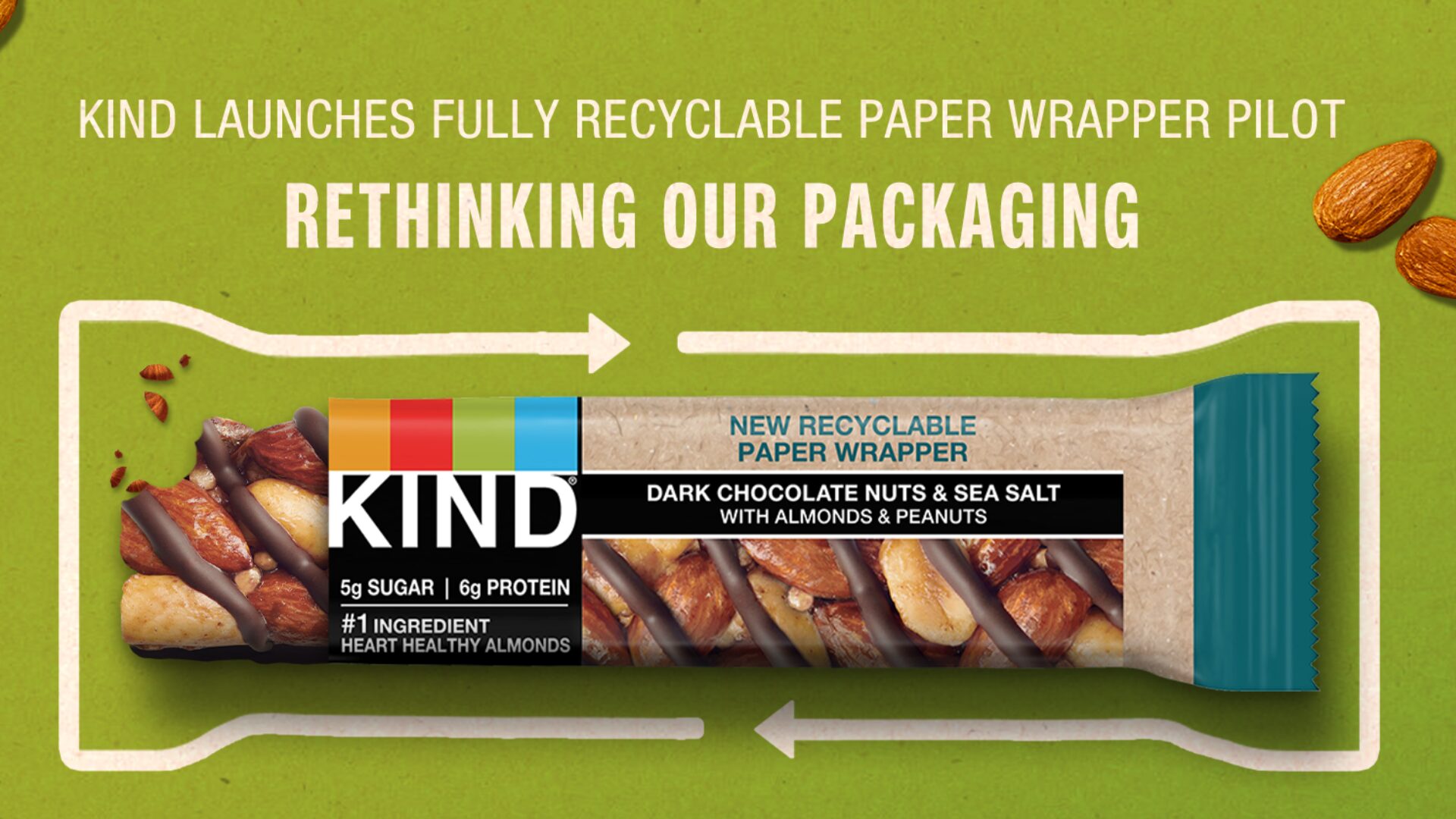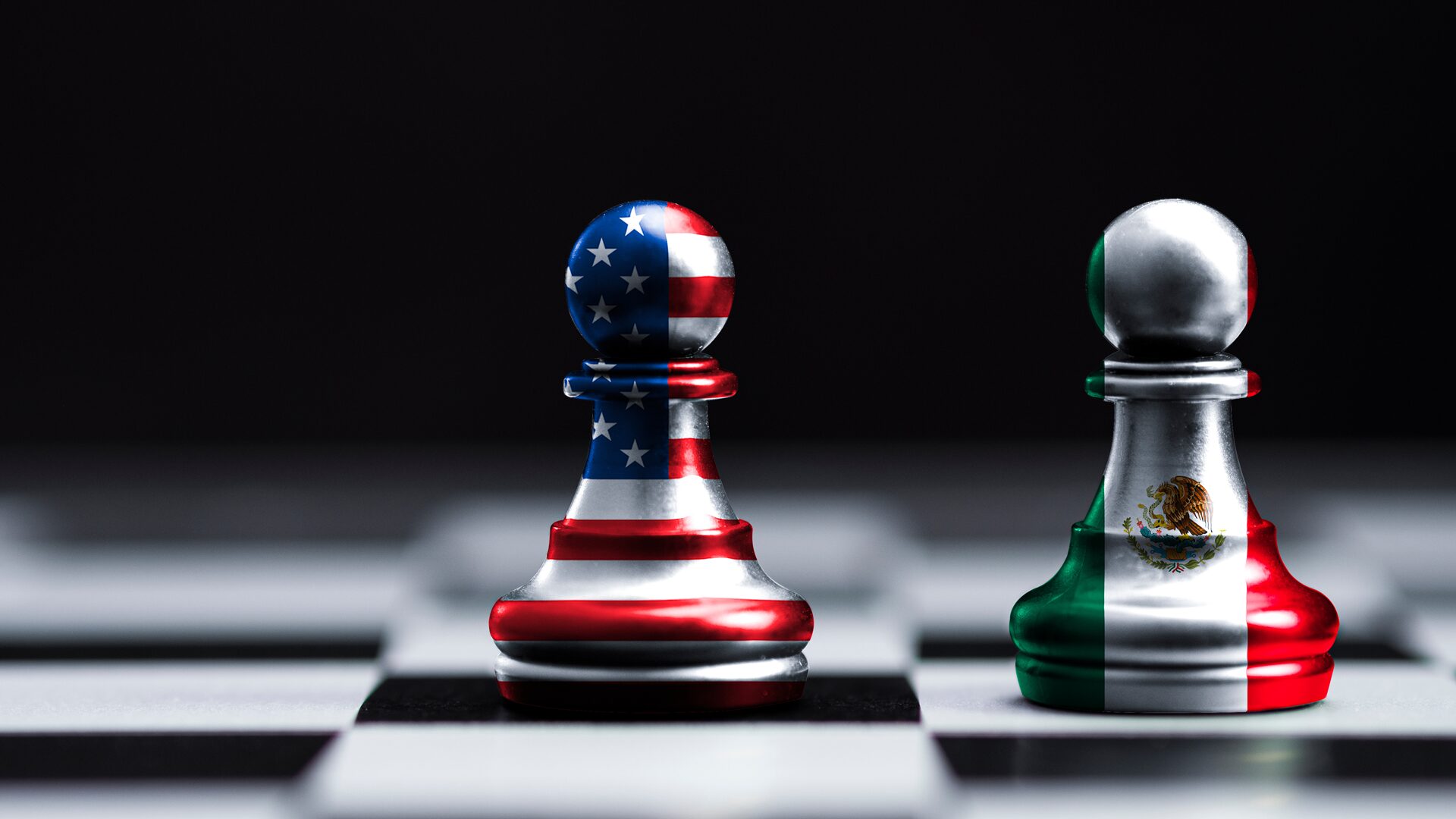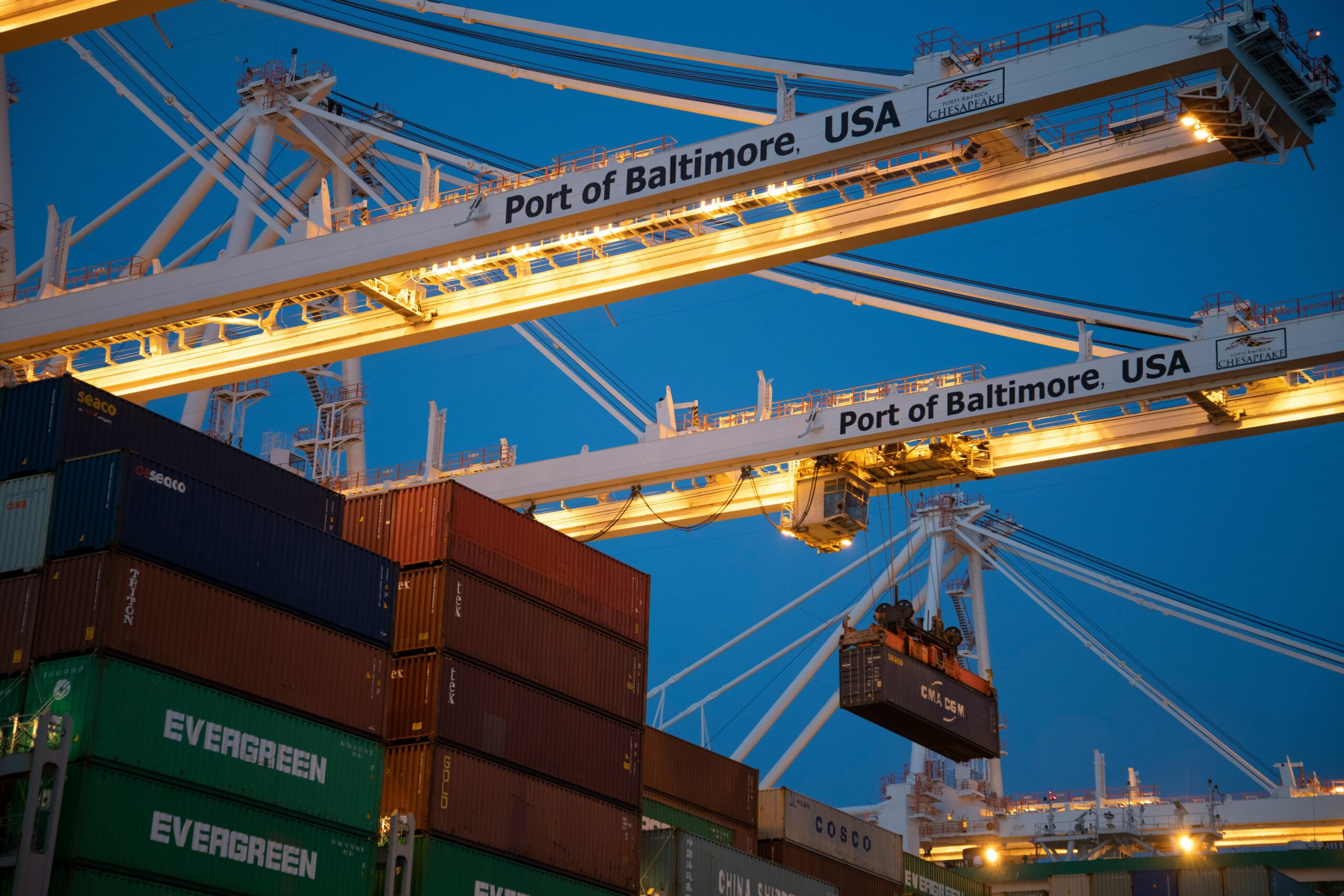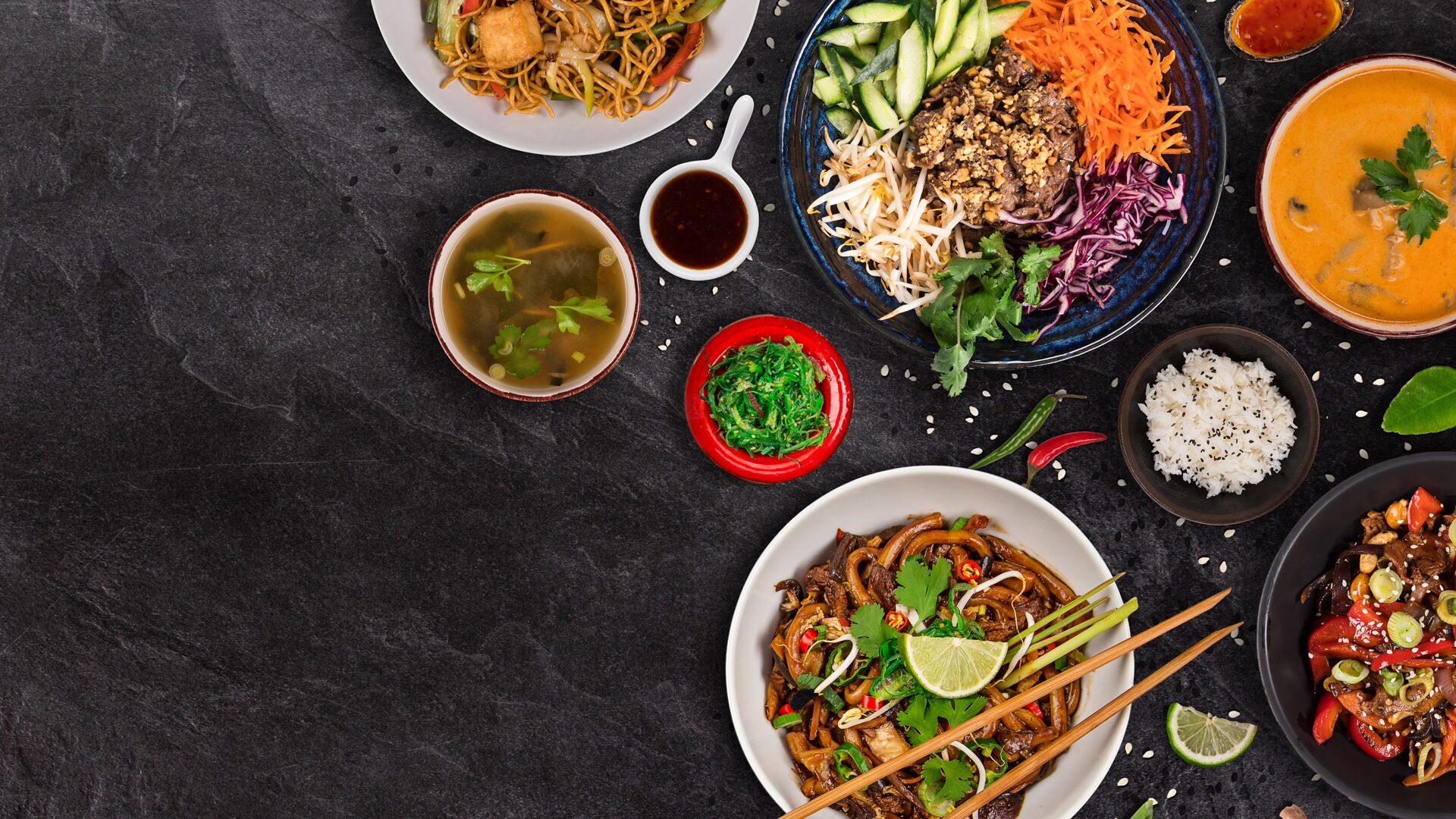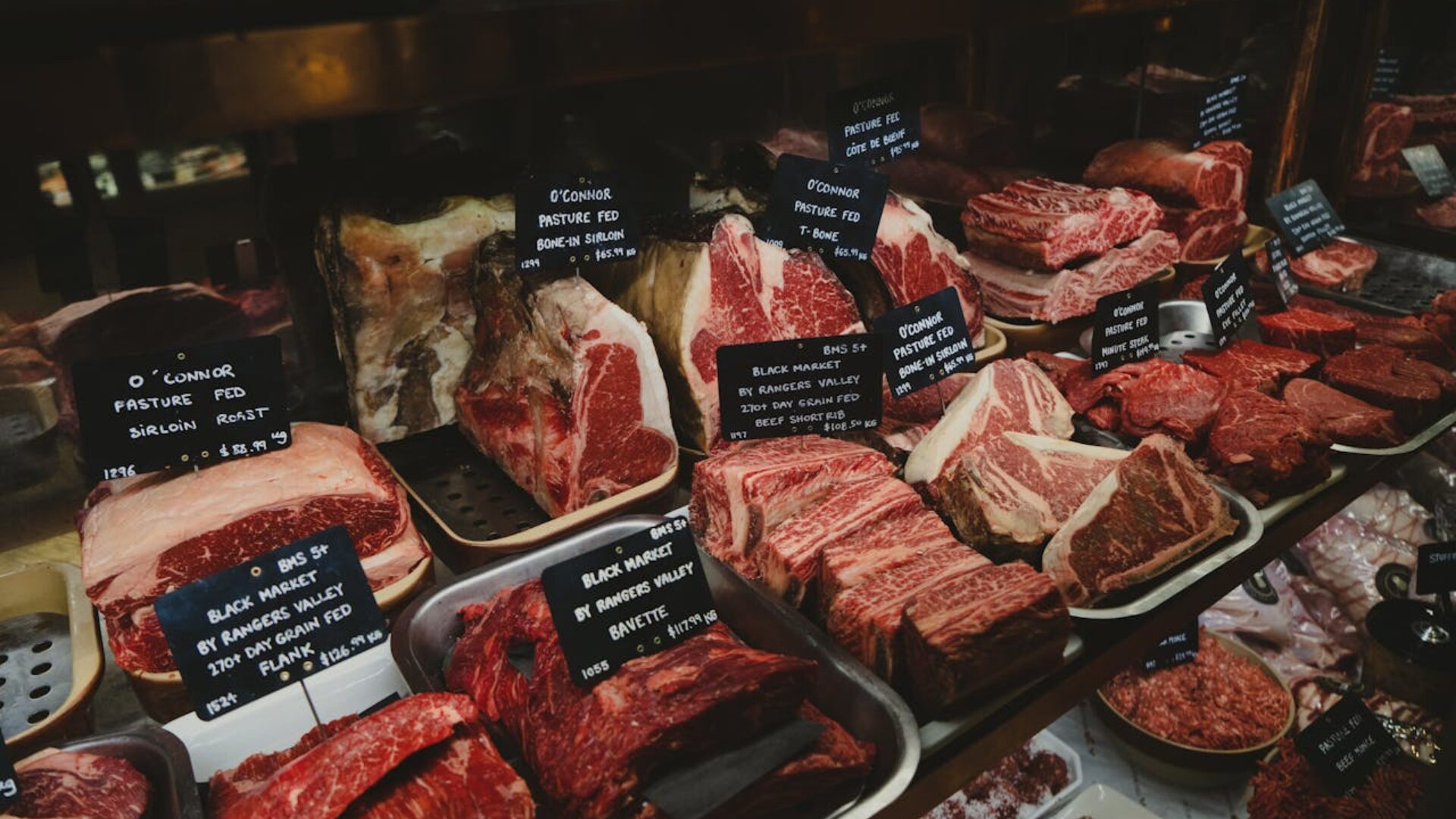With the full legalization of edibles in Canada, and certain states in the U.S., packaging has become a major concern for producers, with the top concerns primarily including regulations and branding, as well as sustainability, according to PMMI’s Cannabis Market Report.
Regulations and Branding
Health Canada established a national, comprehensive guide to packaging and labeling requirements. All cannabis products are regulated to be uniform, regardless of province. The regulations require the package not contain more than one class of cannabis, be opaque or translucent, be child resistant, have a security feature, not exceed the maximum quantity of THC, and have control measures for cannabis extracts not in discreet units.
“The first thing to note about [Canadian] edibles packaging is that companies are not allowed to have more than 10 mg of THC in each individually packaged item,” said Matt Zehner, research analyst at Brightfield Group.
Zehner noted that this is very different than in the U.S. where 100-mg packages are the norm. Zehner also noted that Canadian companies are restricted in how they choose to design their edibles packaging. For example, packaging is required to be a single matte color.
Unlike Canada, cannabis is not legal on the national level in the U.S. As a result, individual states have been left to determine what the packaging requirements will be for cannabis. However, there are still packaging features that are ubiquitous, such as requirements that the packaging must be child-resistant, according to the standards set by the Consumer Product Safety Commission.
In addition, states selling legal cannabis also require a clear warning and some level of informative text on the label. While the symbols vary from state to state, they all contain the basic elements of a triangular or diamond-shaped warning label, in bright colors such as yellow or orange, that clearly indicates the product contains cannabis.
FDA also reiterated that health claims made on cannabis packaging of any kind will not be tolerated. Since cannabis has not been evaluated by FDA, it is illegal to make claims of health benefits.
Sustainability
Since edibles now span over many types of snack foods and beverages, the packaging formats are just as diverse and varied including conventional glass, plastic jars, flexible pouches, aluminum bottles, and other types of innovative packaging. In general, the edibles market has seen growth in flexible packaging for both convenience and environmental concerns.
California-based Garden Society emphasizes the use of biodynamic farming methods, fair trade, and locally sourced ingredients in their edibles packaging and pre-rolls, reported Healthcare Packaging.
After California’s Proposition 65, which requires child-resistant packaging for cannabis products, went into effect in July 2018, the startup sought a sustainable child-resistant box, but Karli Warner, Garden Society’s co-founder, said many were difficult to use or didn’t have the desired materials.
“Cannabis packaging is really challenging. Right now, there aren’t great sustainable options,” said Warner. At the time, the only sustainable box option was too costly for a small startup. “We bootstrapped the company until September of 2018. We already use high-quality ingredients in the edibles, so we couldn’t price ourselves out of the market by using extremely expensive packaging.”
The company is now working with Hippo Premium Packaging and is in the process of incorporating a child-resistant, sustainable folding carton for their edible products.
“Hippo’s founders are two women who launched their company in 2016 out of the need for quality, sustainable packaging for cannabis products. Erin [Gore] and I founded our company in 2016 out of a need for quality, women-centric edible products,” Warner said. “It’s been really fun to work with these women and their team who launched at the same time with the same reasoning, and the packaging is beautiful and priced competitively.”
Meanwhile, cannabis packaging company N2 Packaging Systems LLC recently added a paperboard can with child-resistant lid to its suite of process-patented, sustainable packaging.
The can is made of up to 65% reclaimed paper from recycling centers commonly found near high-producing retailers including Target and Costco. Compared to the industry’s typical 4-oz. glass jar, the paperboard can reduce transportation and storage weight by more than 75% while keeping products fresh in a sustainable, recyclable, hermetically sealed package.
“Plastic bags don’t cut it in the constantly-evolving, highly-regulated world of cannabis,” said Scott Martin, CEO of N2 Packaging. “Companies are seeing the value of investing in sustainable, compliant and child-safe packaging, and we’re leading the charge on that offering.”


